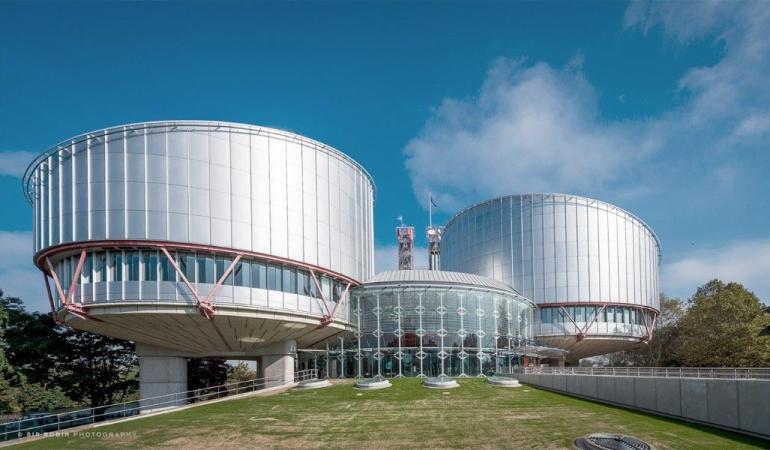
"By pardoning Safarov, Azerbaijan has left him unpunished for the crimes committed against Armenian victims." ECHR
On May 26, 2020, the European Court of Human Rights (ECHR) made an important ruling in the case of "Minasyan and Makuchyan v. Azerbaijan and Hungary". It concerns Ramil Safarov's transfer from Hungary to Azerbaijan and the legality and glorification of his subsequent amnesty. The case summary was initiated and conducted by Siranush Sahakyan and Levon Gevorgyan, adjunct professors of the American University of Armenia (AUA) Master of Law program.
With the decision, the Republic of Azerbaijan violated the procedural clauses of Article 2 (right to life) and Article 14 (discrimination) of the European Convention on Human Rights. This is the first finding by an international judicial body that confirms an institutionalized policy of ethnic discrimination in Azerbaijan, expressed by the immediate release of the perpetrator of a ludicrous crime, followed by public glorification and praise. The ECHR believes that by pardoning Ramil Safarov, "Azerbaijan actually left Safarov unpunished for the crimes committed against Armenian victims. This is not compatible with Azerbaijan's obligation under Article 2 to effectively deter the commission of crimes against human life."
Although the ECHR did not agree with the claim that Azerbaijan through its actions actually accepted and confirmed Safarov's actions as its own, as a result of which such actions were attributed to the state, Sahakyan and Gevorgyan claim that there are strong factual and legal grounds to present the case in the Grand Chamber of the ECHR.
"Despite the fact that there is no such precedent in the practice of the ECHR, the judgments of the International Court of Justice and other courts and tribunals strongly support such attribution, and we are determined to continue to achieve it before the Grand Chamber," say the representatives. Dissenting Judge Pinto De Albuquerque agrees with the contentions raised by the Applicants.
Considering: the extremely important and novel nature of the legal issues at stake in this case and the high level of facts; the "extremely brutal crime" and the pardoning of those involved in it, namely the Prime Minister and Minister of Defense of Hungary and the President, Minister of Defense and Minister of Justice of Azerbaijan; and considering, that the case "raises questions of a general nature which affect the observance of the Convention", I cannot but expect that this tragic case will be submitted for further consideration by the Grand Chamber", concluded Judge Pinto De Albuquerque.
